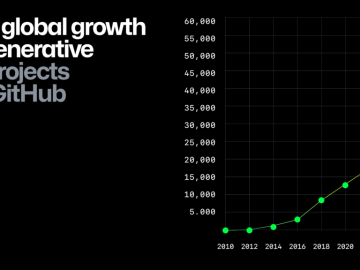Multiple vulnerabilities in the popular airline and hotel rewards platform points.com could have allowed attackers to access users’ personal information, security researchers warn.
Acting as a backend for numerous airline and hotel rewards programs, points.com also operates as a market for exchanging and redeeming loyalty points.
Over the course of several months, security researchers Ian Carroll, Shubham Shah, and Sam Curry identified five security defects in the platform that could have provided attackers with unauthorized access to sensitive information such as names, addresses, emails, phone numbers, and transactions.
Furthermore, these issues could have allowed attackers to transfer points between accounts, and even access a global administrator website, gaining permissions to issue points, manage loyalty programs, and perform various administrative actions, Sam Curry explains.
In early March, the security researchers identified and reported to points.com an unauthenticated HTTP path traversal bug that could have been exploited to access an internal API exposing a database of 22 million order records.
“The data within the records included partial credit card numbers, home addresses, email addresses, phone numbers, reward points numbers, customer authorization tokens, and miscellaneous transaction details. This information could be queried through an API call that returned one-hundred results per HTTP request,” Curry notes.
The researchers also reported an authorization bypass in an improperly configured API, which could have been exploited to transfer airline rewards points from users. The issue could have allowed attackers to generate full account authorization tokens to manage customer accounts and view their information.
In April, the researchers reported a bug impacting United Airlines, where an attacker could generate an authorization token for any user account, only by knowing their rewards number and surname.
“Through this issue, an attacker could both transfer miles to themselves and authenticate as the member on multiple apps related to MileagePlus, potentially including the MileagePlus administrator panel. This issue disclosed the member’s name, billing address, redacted credit card information, email, phone number, and past transactions on the account,” Curry explains.
In May, the researchers discovered a points.com-hosted Virgin rewards website leaking API authentication information, allowing an attacker to impersonate the airline and make API calls to modify accounts, add/remove points, and modify the Virgin rewards program’s settings.
Also in May, the researchers discovered the “Flask session secret for the points.com global administration website”, which provides management of all airline tenants and customer accounts, allowing them to create session cookies with super administrator permissions.
“We observed that we could access all core administration functionality on the website, including user lookup, manual bonuses, rewards points conversion modifications, and many more points.com administrative endpoints. An attacker could abuse this access to revoke existing reward program credentials and temporarily take down airline rewards functionality,” Curry notes.
The researchers note that the points.com security team was very responsive to their vulnerability reports, addressing each issue in roughly an hour after disclosure.
Related: American Airlines, Southwest Airlines Impacted by Data Breach at Third-Party Provider
Related: Information of European Hotel Chain’s Customers Found on Unprotected Server
Related: Breached American Airlines Email Accounts Abused for Phishing


